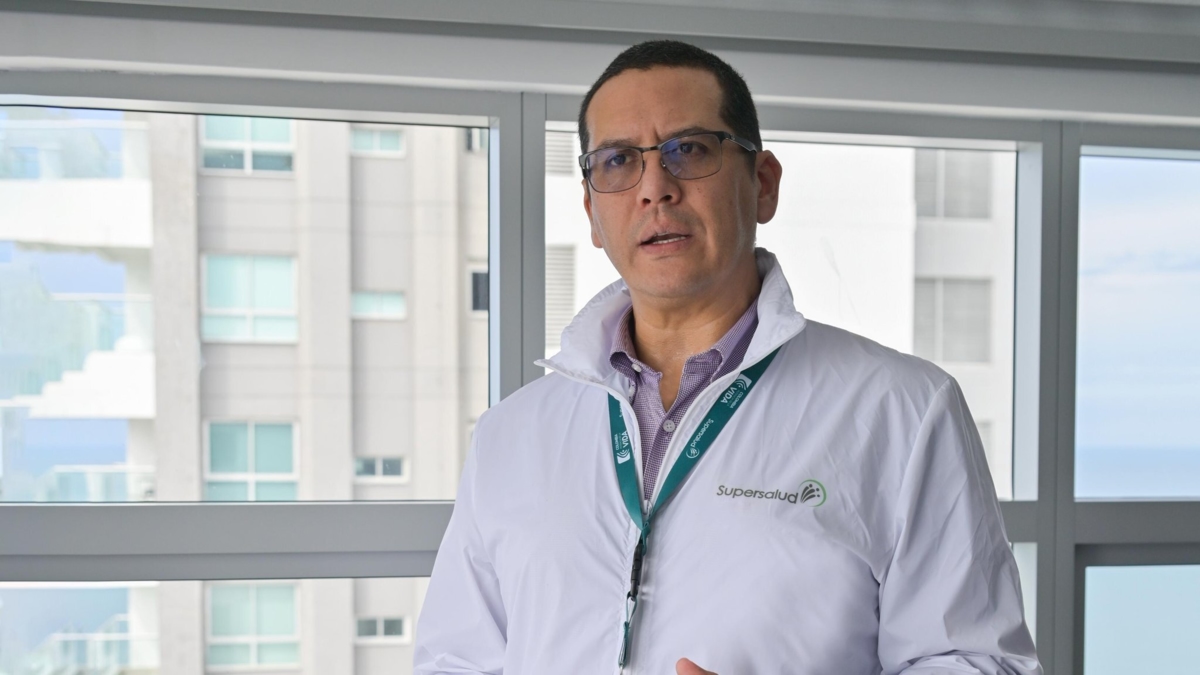More than 4,300 Colombians are waiting for a transplant: the INS calls for strengthening the culture of organ donation.

Every October 14th, the world commemorates World Organ and Tissue Donation Day, a date established by the World Health Organization (WHO) to raise awareness about the importance of donating and to pay tribute to those who have given others a second chance at life through this altruistic gesture. In Colombia, the number accompanying this day is as hopeful as it is challenging: 4,338 people are waiting for a transplant that will allow them to continue living.
The National Institute of Health (INS), which has coordinated the Organ and Tissue Donation and Transplantation Network in the country for 21 years, has led this effort. During that time, the network has performed 22,000 transplants, protected by the regulations established by the Ministry of Health and Social Protection through Resolution 2493 of 2004.
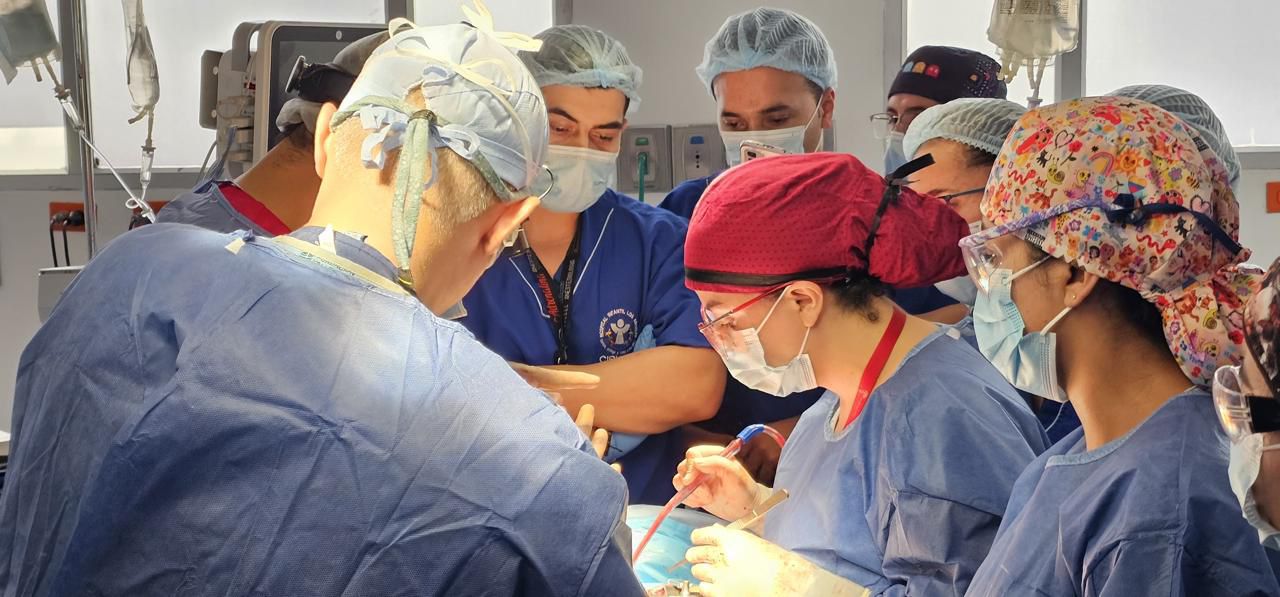
More than a thousand people received transplants in the first nine months of 2025, but they remain on the list. Photo: INS
Between January and September 2025 alone, the INS reports 1,042 transplants performed: 684 kidney transplants, 228 liver transplants, 65 heart transplants, 33 lung transplants, 26 combined kidney and pancreas transplants, and 6 kidney and liver transplants. "More than a thousand people were able to save their lives thanks to the generosity of a donor and their families because they understood the importance of this altruistic act," said Diana Pava, director of the INS.
Pava emphasizes that a single donor can save up to eight lives, a reminder of the impact an individual decision can have on the country's public health. However, the challenges are evident. In 2024, the donor rate was 7.4 per million inhabitants, while in Spain, the world leader in this area, the figure reached 52.6 donors per million.
"These aren't numbers, they're life stories, so organ donation isn't just for one specific day, but for the entire year, with the goal of saving lives," Pava emphasized.
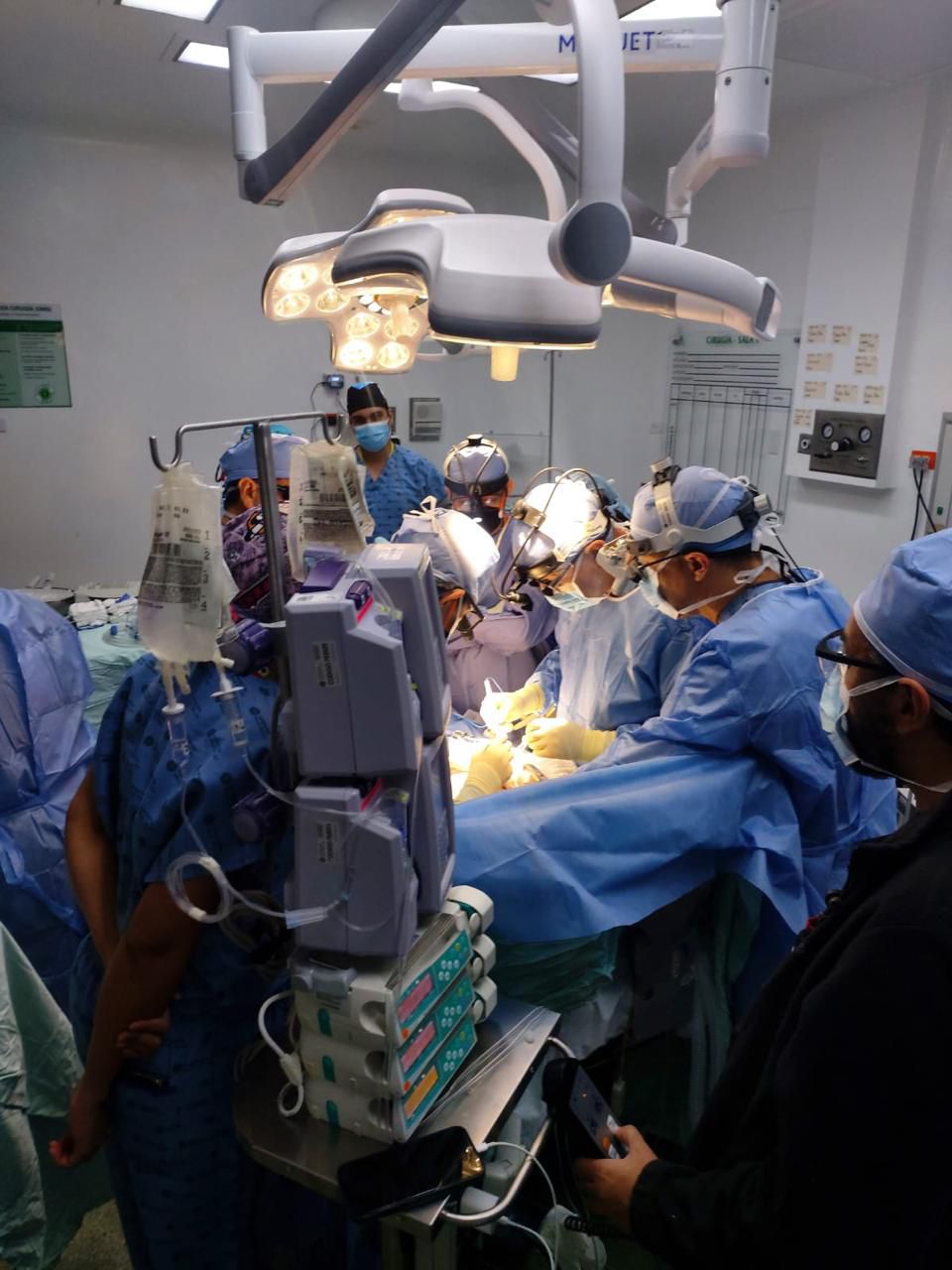
Health authorities urge people to express their willingness to donate while still alive. Photo: INS
The picture of those still on the waiting list shows the magnitude of the challenge. As of September 30, 4,338 Colombians were waiting for an organ or tissue. Of these, 4,024 need a kidney, the most requested organ; 178 are waiting for a liver, 37 for a heart, 48 for lungs, and two for a pancreas. In addition, 597 patients are awaiting eye tissue donation, which could significantly improve their quality of life.
These figures represent thousands of families living between hope and uncertainty, and are also a call to strengthen public awareness about donation as an act of solidarity that transcends death.
In Colombia, Law 1805 of 2016 establishes that if a person has not formally expressed their opposition to donating, their willingness to do so is presumed. This means that, upon death, the donation must be respected and fulfilled in accordance with the law.
However, the INS reminds us of the importance of expressing this wish while we are alive and communicating it to family members. "Donation is a right and a decision that must be made known to the family so that it can be fulfilled," the institution states. In the case of minors, the decision rests with the parents or legal guardians.
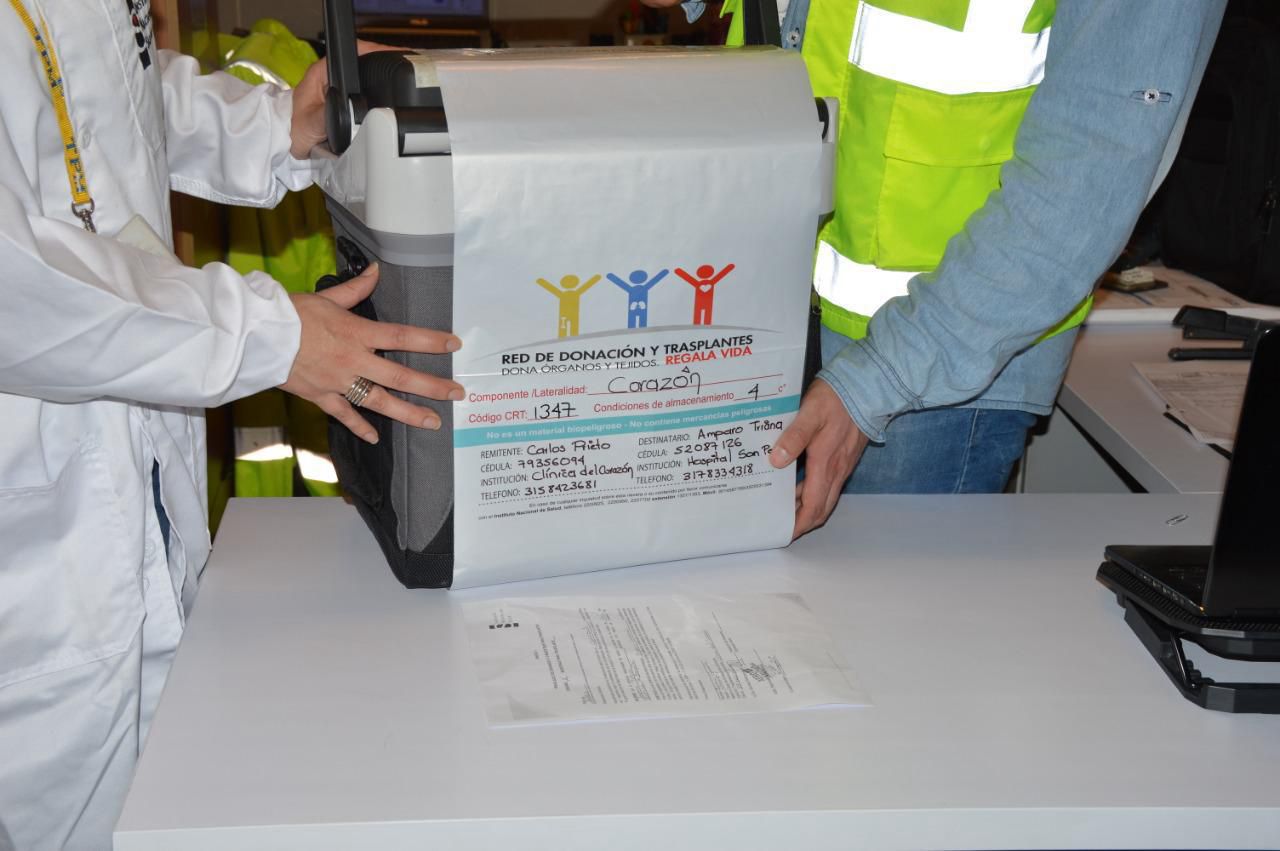
The INS reminds that, by law, any person who has not formally objected is considered a donor. Photo: INS
The National Institute of Health administers the National Donor Registry, in which any citizen can register to record their decision. The procedure is free, confidential, and can be completed on the website www.donavida.ins.gov.co.
The requirements are simple:
- Be over 18 years of age (in the case of minors, the decision is made by the parents or guardians).
- Verbally inform the family about the decision to donate so that it is respected.
- Complete the online form and register as an official donor.
If, on the other hand, a person does not wish to donate their organs or tissues, they must declare this before a notary public and upload the corresponding document to the same INS platform.
Despite progress in national coordination and hospital infrastructure, the cultural gap remains the biggest obstacle. The director of the National Institute of Health (INS) insists that "donation should not be viewed as a medical procedure, but as an act of humanity that transforms lives."
Environment and Health Journalist
eltiempo

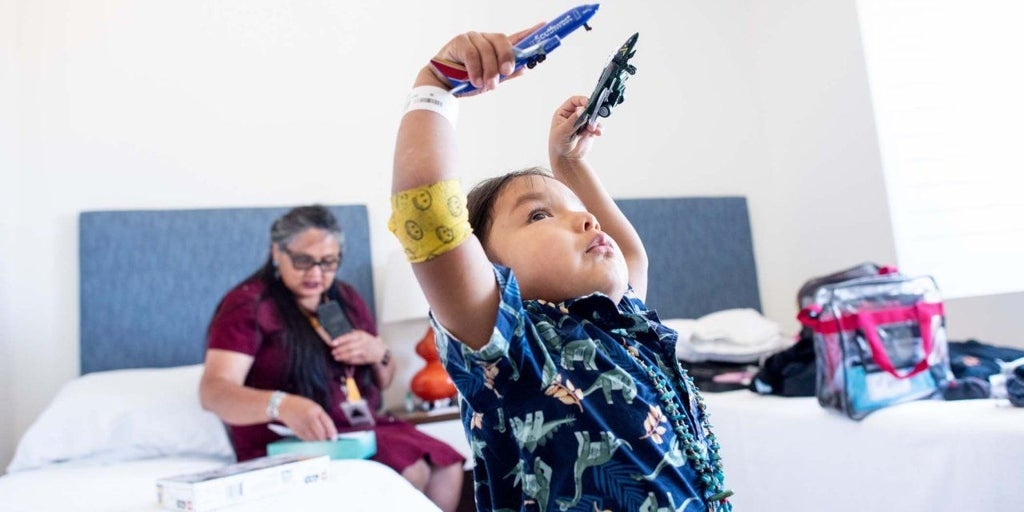


-U34160351147zXP-1024x512%40diario_abc.jpg&w=1280&q=100)
